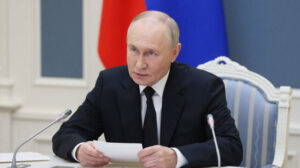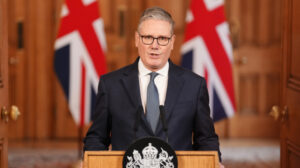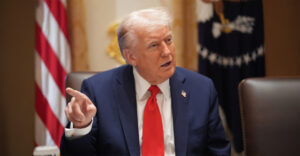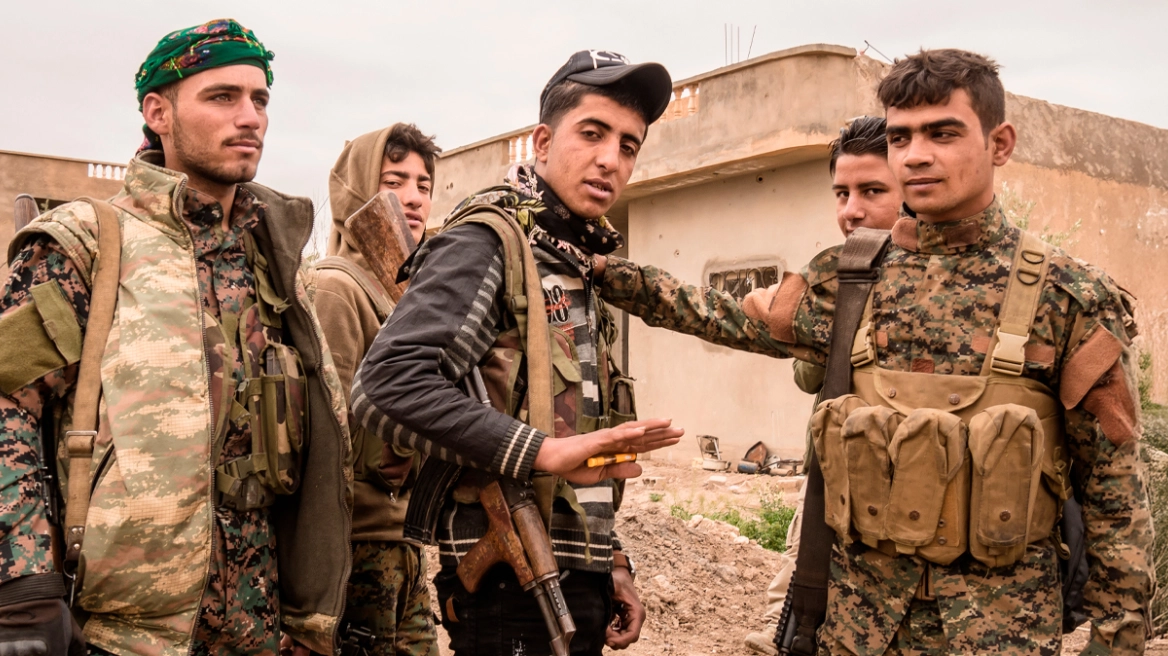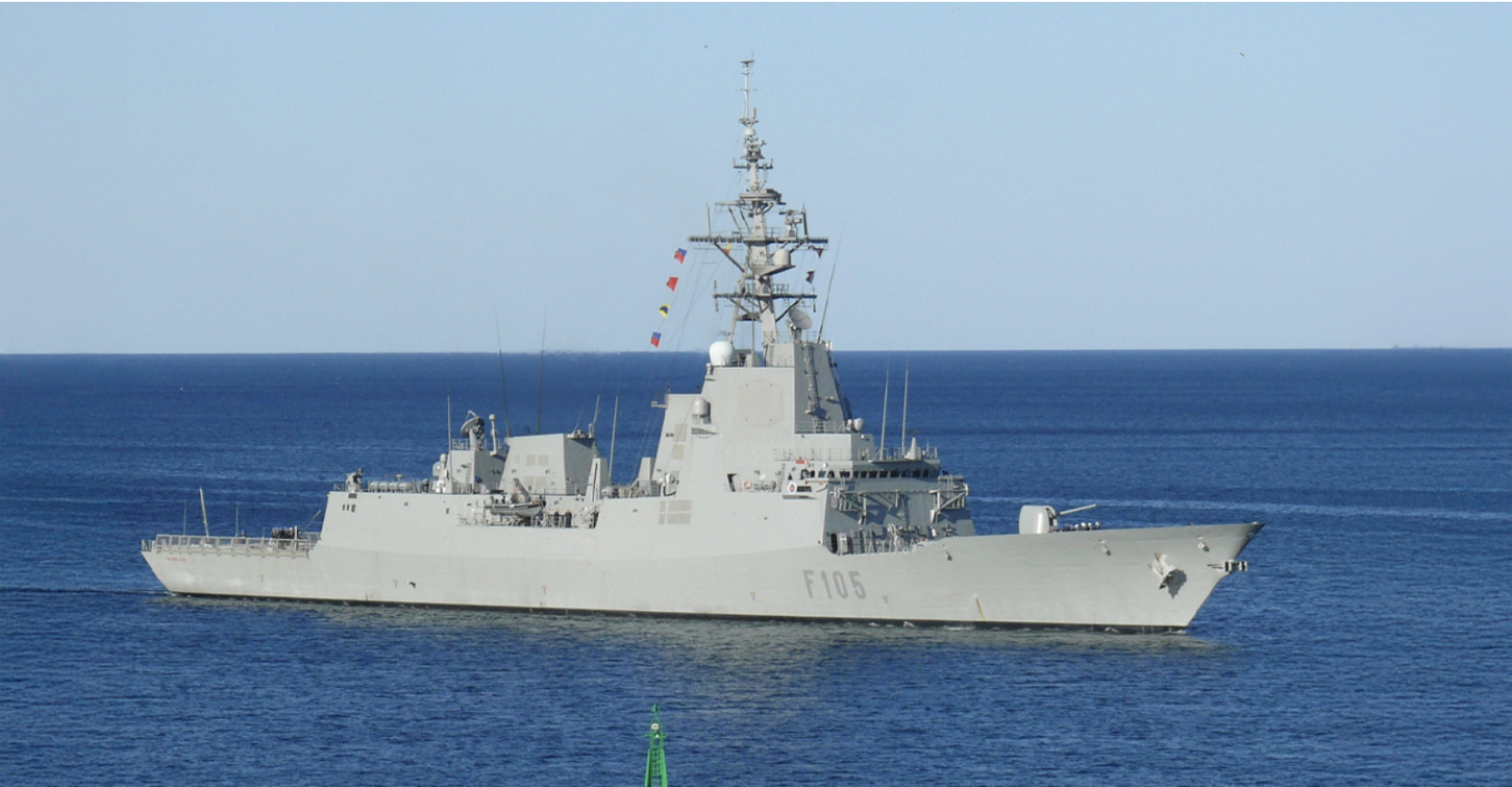On Tuesday, Russian President Vladimir Putin signed a decree allowing for broader use of nuclear weapons, renewing a decree he originally signed in June 2020.
According to the news agency Tass, the key principle of the new decree, signed one day after the U.S. announced it would allow Ukraine to use American ballistic missiles, is that nuclear weapons are an extreme measure for protecting Russia’s integrity.
However, the decree expands the list of states and military alliances to which Moscow could respond with nuclear weapons. Specifically, it states that any aggressive action by a non-nuclear state, with the involvement or support of a nuclear-armed country, will be considered a joint attack on the Russian Federation.
Additionally, Russia may consider a nuclear response in the following cases:
- In the event of a “critical threat” to its integrity, even with the use of conventional weapons
- In the event of an attack on Belarus
- In the case of a massive attack involving fighter jets, cruise missiles, drones, or other aircraft that violate Russia’s borders.
As stated in the decree, Putin emphasized that “the state policy in the field of nuclear deterrence is defensive in nature, aimed at maintaining the potential of nuclear forces at a level sufficient to ensure nuclear deterrence, and guarantees the protection of the state’s sovereignty and territorial integrity, preventing a potential adversary from attacking the Russian Federation and/or its allies, and, in the case of a military conflict, deterring the escalation of military actions and bringing them to an end on terms acceptable to the Russian Federation and/or its allies.”
Peskov: We have the right to use nuclear weapons if attacked with conventional weapons
Russia retains the right to use nuclear weapons in the event of a threat to its sovereignty and that of Belarus, said Russian President Vladimir Putin’s spokesman, Dmitry Peskov.
“You will be able to familiarize yourself with the relevant paragraphs of the principles of state policy of the Russian Federation in the field of nuclear deterrence. But in general, it is also stated that the Russian Federation retains the right to use nuclear weapons in the event of an attack using conventional weapons against it and/or the Republic of Belarus, as a member state of the Union State, creating a critical threat to their sovereignty and/or territorial integrity. Yes, that is what the document says,” Peskov said to journalists, responding to a question about whether Russia would consider the use of non-nuclear American missiles by Ukrainian forces on its territory as an attack by a non-nuclear state against Russia, supported by a nuclear state.
Ask me anything
Explore related questions
